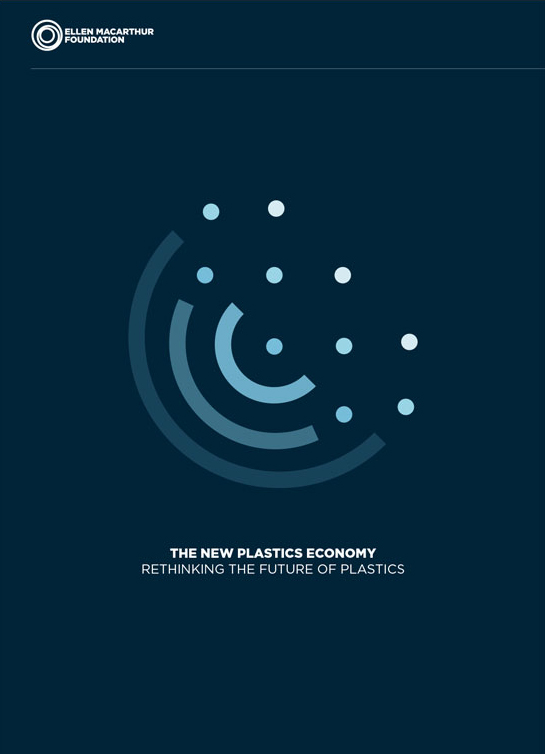Supporting Vietnam in the Fight against Ocean Plastic Pollution - February 2021
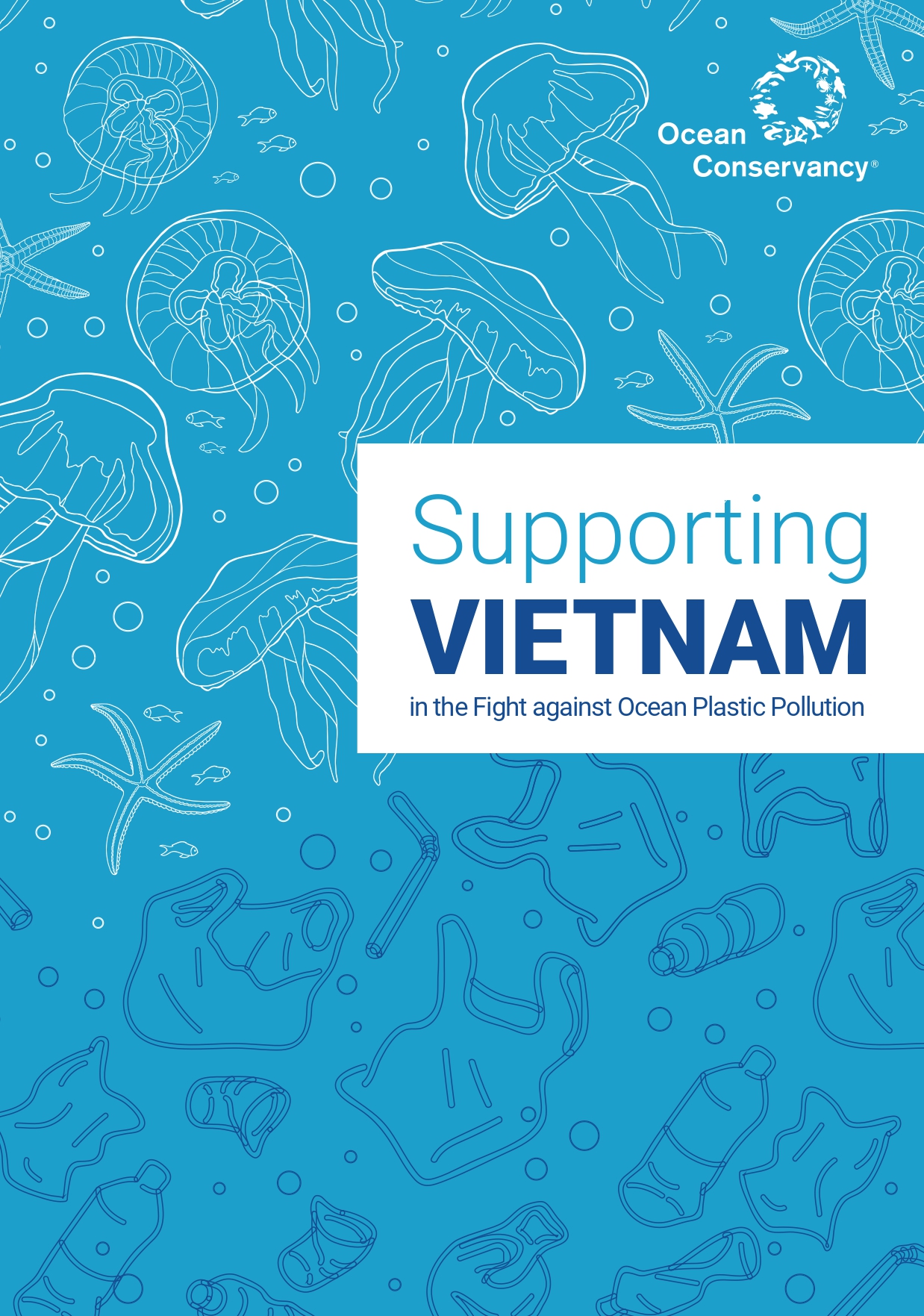

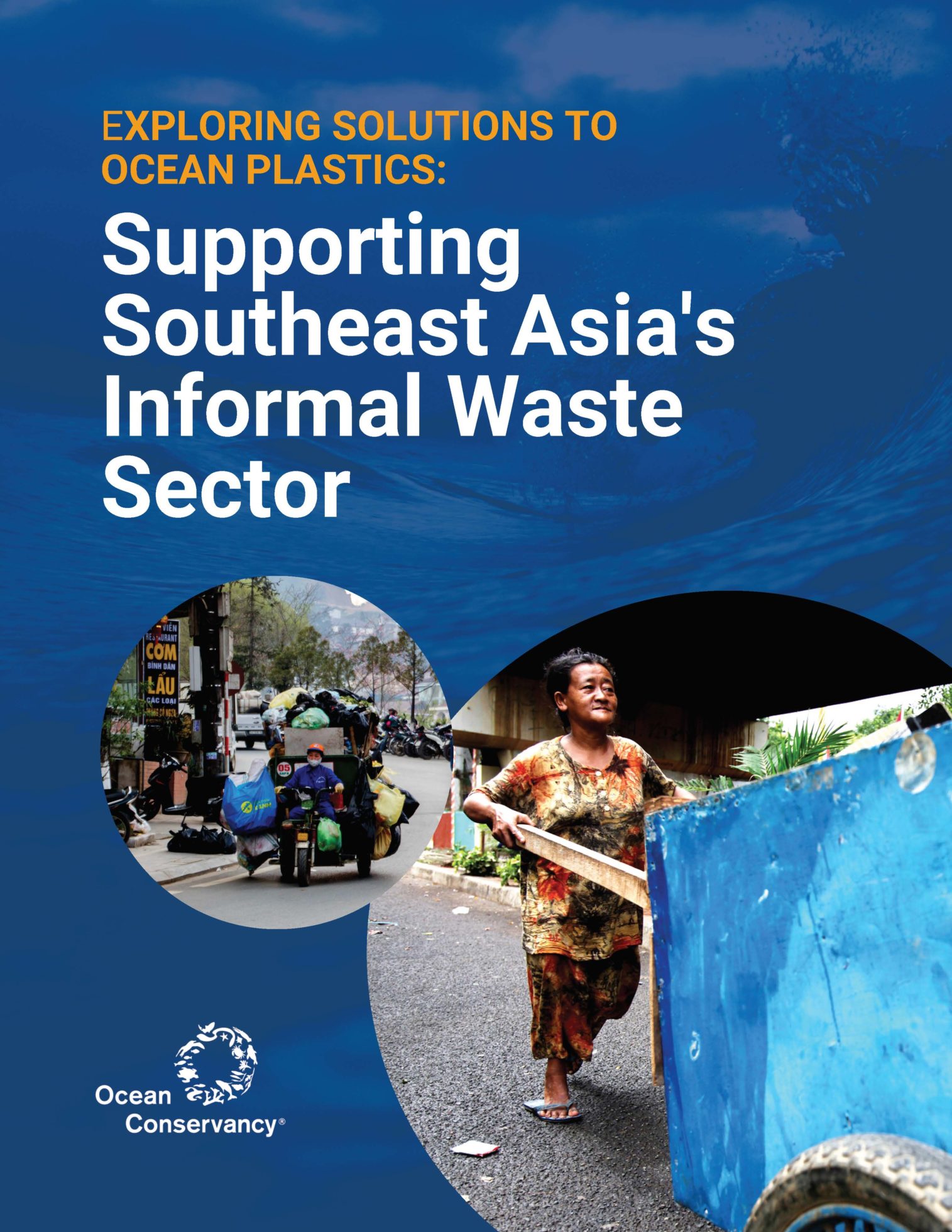
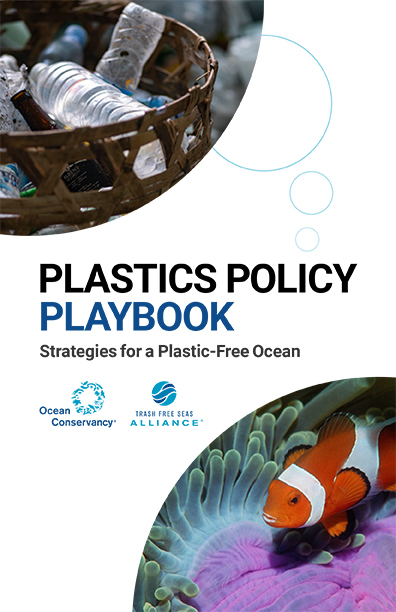
5. Guide and Support New Business Models for Environmental, Financial, and Social Triple-Win
2. Incentivize and support product design for reuse and recycling of plastics
ReSource seeks to activate large-scale circular solutions on plastics in consumer-oriented sectors that maximize, measure, and multiply both environmental and social benefits.
Achieve 100% elimination of plastic pollution within its Member companies through a three-pronged approach that seeks to maximize, measure and multiply their impact on solving the plastic pollution crisis. This means helping companies:
Prioritize the activities that will yield the greatest impact, including which interventions will most effectively reduce unnecessary plastic and plastic waste across the company’s plastic footprint,
Implement those activities against an innovative methodology and measure their progress annually, and
Facilitate collaboration with other companies, stakeholders and governments to incite new solutions and investments
Global
The World Wildlife Fund (WWF), Procter & Gamble, The Coca-Cola Company, Ellen Macarthur Foundation, Ocean Conservancy. Keurig Dr Pepper, McDonald’s, Starbucks, Tetra Pak, Colgate-Palmolive, Kimberly-Clark
5. Guide and Support New Business Models for Environmental, Financial, and Social Triple-Win
6. Set up Functioning Collection Systems
9. Integrate and Advance Decent Work in the Transition to a Circular Economy for Plastics
10. Investigate Environmental and Socio-Economic Impacts of Renewable Material Inputs for Plastics;
Plastics Policy Playbook and Implementation seeks to improve ollection and put an end to marine plastics by innovating public/private policy measures for government and business and engaging with governments (including cities through Urban Ocean), business, and NGOs to keep trash out of the ocean.
Global
Ocean Conservancy
Accenture
The Trash Free Seas Alliance ©
The Resilient Cities Network
The Circulate Initiative
The Centre for Marinelife Conservation (Vietnam)
4. Stimulate Consumer Adoption of Plastic Reuse
2. Incentivize and Support Product Design for Reuse and Recycling of Plastic
5. Guide and Support New Business Models for Environmental, Financial, and Social Triple-Win
Consumers Beyond Wastey seeks to catalyze large-scale adoption of new waste reduction solutions such as Loop, which seeks to shift consumer consumption from disposable to durable packaging solutions.
Currently the United States and France
World Economic Forum
Ellen MacArthur Foundation
City of Paris
NYC Mayor’s Office of Sustainability
PepsiCo
P&G
TerraCycle
Greenpeace
WWF
UNEP
Unilever
Algramo
Nestle
Closed Loop Partners
Kearney
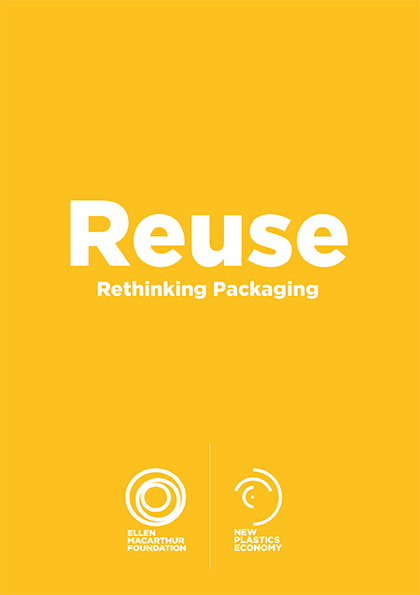
1. Agree Which Plastics Can be Eliminated and Prepare the Market to Phase Them Out
2. Incentivize and Support Product Design for Reuse and Recycling of Plastics
6. Set up Functioning Collection Systems
Global
The Ellen MacArthur Foundation, an international charity, committed to the creation of a circular economy that tackles some of the biggest challenges of our time, such as climate change and biodiversity loss. Driven by design, a circular economy eliminates waste and pollution, keeps products and materials in use, and regenerates natural systems, creating benefits for society, the environment, and the economy.
Over the past four years, the Ellen MacArthur Foundation’s New Plastics Economy initiative has rallied businesses and governments behind a positive vision of a circular economy for plastics. Its 2016 and 2017 New Plastics Economy reports captured worldwide headlines, revealing the financial and environmental costs of waste plastic and pollution. In the last year, it has brought together 15 leading companies committed to work towards 100% reusable, recyclable, or compostable plastic packaging by 2025. The Global Commitment takes this work to the next level – creating a global coalition of leaders with the power to prevent plastic pollution at the source.
Create unstoppable momentum towards a plastics system that works.
If we don’t act now, by 2040 the amount of plastic entering the ocean each year will triple, putting us well on the way to an ocean with more plastic than fish by 2050.
But we cannot simply recycle or reduce our way out of the plastic pollution crisis. We need a circular economy for plastic, in which it never becomes waste or pollution.
We must take three actions to create a circular economy for plastic:

The New Plastic Economy initiative is underpinned by a common vision for a circular economy for plastic, and delivered by two key voluntary mechanisms:
Each Global Commitment signatory and Plastics Pact member formally endorses the vision and the need to work towards achieving it.
Towards a UN Treaty on plastic pollution
The New Plastics Economy initiative has created exciting momentum and is a clear signal to business and policymakers that transitioning from a linear to a circular economy for plastic is a priority. But this cannot be achieved through voluntary commitments alone. An international framework for action is needed.
In November 2020, together with WWF and the Boston Consulting Group, the Ellen MacArthur Foundation launched a call for a UN Treaty on plastic pollution, alongside a report setting out the opportunity, and a business manifesto signed by 45 leading companies.
Through collaboration and alignment behind a common vision, achieve tangible steps towards a circular economy for plastics.
Lead Philanthropic Partner: Eric & Wendy Schmidt Fund for Strategic Innovation
Philanthropic Partner: Oak Foundation
Initiative partners: Amcor, Borealis, The Coca-Cola Company, Danone, L’Oreal, MARS, Nestlé, PepsiCo, Unilever, Veolia and Walmart
